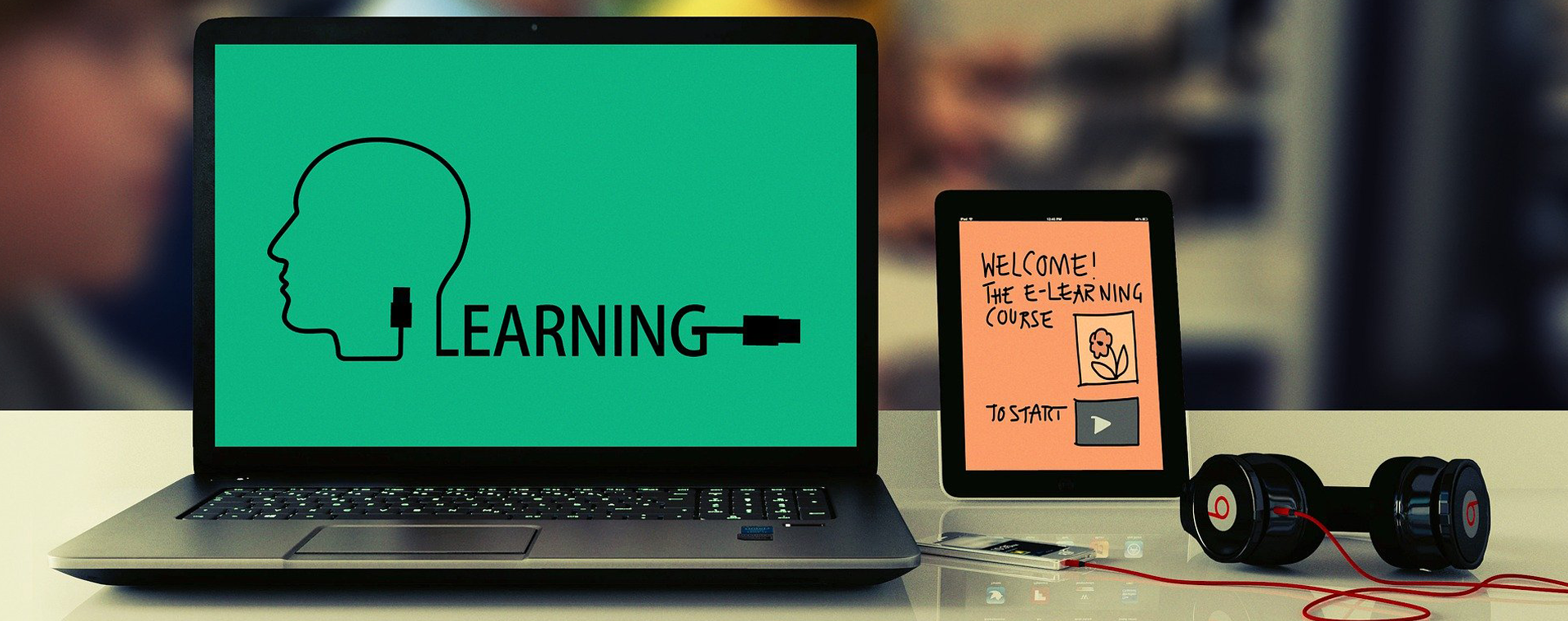
In 2012 I taught a 5th-grade class in a Finnish public school. During a mathematics lesson, we were doing a project about fractions and one group was creating a presentation about note lengths in music. I helped them to use the Garage Band music application to explore the topic and sent them to work in the hallway.
10 minutes later my colleague entered the class with a serious face. She asked if I was aware that my students in the hallway were not studying. Instead, “they are just fooling around with iPads,” she said. I went to see what was going on. It turned out that their presentation was progressing well but creating a song with funny sounds made them laugh. Apparently, in the teacher’s mind, learning can’t happen if the students laugh while using an iPad.
Two years later I quit teaching and started working at an EdTech company. One of my duties was to present our music learning solution to teachers at education trade shows. When I would show them a product demonstration, teachers would normally respond somewhat skeptically: “Looks like a fun activity but are you sure that students learn anything with this?”.
This kind of distrust and hesitation about learning technology was very frustrating, whether working as a teacher or as a product developer. At the time I was writing my doctoral thesis about the pedagogical approach of our learning solution and was confident that its design aligned with learning science principles. Active learning, scaffolded knowledge building, collaboration, and self-expression were its key pedagogical elements. From an education research point of view, our app was a much better learning tool than any music theory book in the world. Yet, no-one was questioning the efficacy of schoolbooks.
Why are teachers skeptical about the use of technology?
In Finland, it seems that the public debate paints a relatively negative picture about the use of technology in schools. Increased screen time, questionable efficacy, teachers’ workload, and the cost of digitalization are just a few commonly mentioned concerns. These challenges indeed play a role in slow digital transformation, but let’s put ourselves in the position of a teacher to better understand the resistance they feel towards using technology in learning.
Teachers have a lot of freedom in their work, but also carry a great responsibility considering their influence in the lives of their students. This pressure can cause teachers to be sensitive to the feedback of parents and colleagues. Therefore, it is not easy to break tradition when trying out new technologies. This requires that teachers let go of some control and allow their students to have more agency in learning.
To speed up the digitalization of education, we need to help teachers overcome their uncertainty about using technology for learning. Many EdTech companies try to do this by explaining “How” to use their solution, but I suggest it’s more effective to focus on “Why” use the solution.
The most successful EdTech companies’ websites reflect this focus: “The best way to learn a language”, “3 times more likely to be proficient on state tests”, “Learn to code without any prior experience”. But these claims need to be supported by impact evidence which proofs that the EdTech solution is working.
Show teachers the impact of technology on learning
During the current COVID-19 disruption, many EdTech companies have made their way into schools’ learning practices. With this improved reach, it is an opportune time for these companies to gather evidence of their solutions’ effectiveness.
Challenging the status quo of teaching in a stagnant education sector remains difficult. However, impact research can provide the necessary support and added confidence that teachers need to adopt new practices. I suggest that only the EdTech companies that can demonstrate improved learning outcomes with substantive gathered evidence will continue in the strong positions they find themselves in now.
If I had impact evidence of our music applications’ effectiveness in learning math and creative problem-solving in 2012, it would have been easier to explain to colleagues and boldly continue my teaching – knowing that my students are not only the happiest but also learning in the best way.


